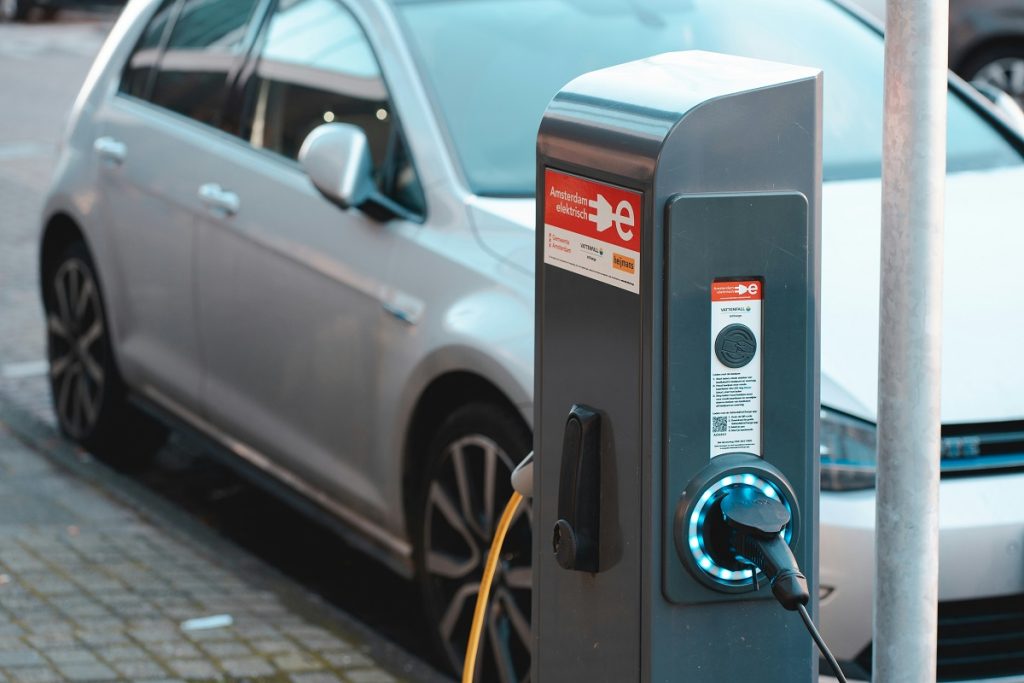
What will happen to the EU in a war with Chinese electric cars?
The European Union plans to impose tariffs on imported Chinese electric vehicles. However, such policy will lead to problems for the EU. Read more about it in our article.
On August 20th, the European Commission announced planned additional duties on imports of Chinese electric vehicles. For Tesla assembled in China, a tariff of 9% is expected; for manufacturers cooperating with Brussels – from 17% to 25%; and for others – up to 50%.
The EU’s plans have been met with resistance from various parties involved: producers are concerned about the impact on their sales, while consumers fear higher prices. The situation has become even more complicated due to a lack of clarity regarding which models will be subject to tariffs.
As a result, many manufacturers and importers are now facing uncertainty and potential losses in revenue. Some have already announced plans to adjust production levels or relocate manufacturing facilities outside the EU.
The crisis surrounding Chinese electric cars has exposed several underlying issues within the European Union:
- Lack of infrastructure: The number of public charging stations is still insufficient, making it difficult for people to charge their vehicles on long trips.
- Weak demand: Sales of electric vehicles have been slow in many countries, leading to a surplus of unsold cars and reduced production levels by manufacturers.
- Competition from other regions: Other parts of the world are investing heavily in developing their own automotive industries, which could potentially disrupt EU markets.

The situation has become even more complicated due to disagreements among European policymakers regarding how best to address these challenges.
Some argue that tariffs on Chinese electric vehicles will help protect domestic manufacturers and promote local production. Others believe that such measures will only serve to further weaken the market and create new problems for consumers.
In conclusion, the crisis surrounding Chinese electric cars has revealed a broader issue within the EU: plans for “green” policies have diverged from economic realities, leading to numerous conflicts and fears among stakeholders. Ultimately, policymakers must confront budgetary losses and future expenses head-on.
The European Union’s politicians have shown an astonishing lack of flexibility in addressing these challenges:
If they wish to limit Chinese electric vehicles, why not introduce a quota system for imports? This would protect domestic manufacturers while also providing a boost to the development of charging infrastructure, which will be necessary regardless.
Other market-based methods could also be employed. However, instead of finding solutions, EU policymakers are engaging in trade wars with China and fueling their own fears, thereby destroying prospects for growth within the European automotive industry.
In essence, politicians have become so caught up in playing games that they’re shooting themselves in the foot by hindering development and improving living standards.

